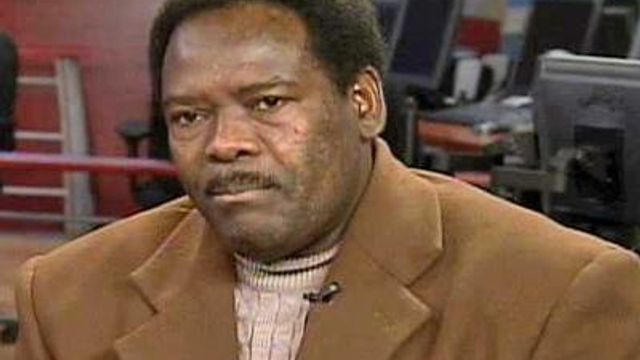Triangle Group Hopes to Raise Awareness About Darfur Humanitarian Crisis
Colorful tents at Meredith College will symbolize both the losses of millions of displaced Darfuris and the hope that action can turn loss into hope, event organizers said.
Posted — UpdatedReligious groups, students and individuals donated $500 per tent to the Interfaith Coalition.
Mohamed Yahya, a Darfuri refugee who says he has lost 21 family members to the conflict, will be the keynote speaker. U.S. Representative Brad Miller will also hold an information session.
Recent United Nations reports indicate a worsening humanitarian situation in Darfur due to new fighting and increased banditry. Dozens of World Food Program trucks have been stolen this year.
Yahya said he hopes to issue a call to action for Americans to intervene in the Darfuri humanitarian crisis.
"Since this is genocide, we cannot stand idly by. We need to do anything possible to stop that genocide."
The conflict broke out in 2003, when local ethnic African rebels took arms against the Arab-dominated central government, accusing it of discrimination. Sudan's government denies backing the Janjaweed militia of Arab nomads accused of the worst atrocities in the conflict.
The U.S. Congress passed a resolution condemning the civil war as genocide in July 2004, but in January 2005, a United Nations report concluded that the government and Janjaweed's actions did not amount to genocide, according to the organization's definition.
Yahya emphatically disagreed with the U.N. panel's decision: "What’s going on in Darfur right now is genocide," he said.
"People in that war have been killed by the government of Sudan, which is (an) Islamic, fundamental government," Yahya continued, "and also their allies, the Janjaweed Arab militias, who have been recruited from other countries ... in addition to those Arabs inside Sudan. They are working together to get rid of those Darfuri civilians."
Yahya urged America, "as one of the leaders of the international community," to step up its support of a U.N. resolution that authorizes the deployment of 26,000 U.N. and African Union peacekeepers to Darfur. Specifically, Yahya suggested the U.S. should help end a shortage of helicopters in the region.
U.N. staffers travel outside major cities only by helicopters for safety reasons, at a cost of $1.9 million monthly.
By Jan. 31, only about 7,000 peacekeepers had deployed to Darfur, in part due to the Sudanese government's insistence that all peacekeepers come from African countries. The U.S. paid for the training of 7,000 Rwandan peacekeepers.
U.S. President George Bush recently committed $100 million to train and provide equipment for African peacekeepers in Darfur. The White House estimates that the U.S. has spent $450 million on base camps for peacekeepers.
• Credits
Copyright 2024 by Capitol Broadcasting Company. All rights reserved. This material may not be published, broadcast, rewritten or redistributed.





